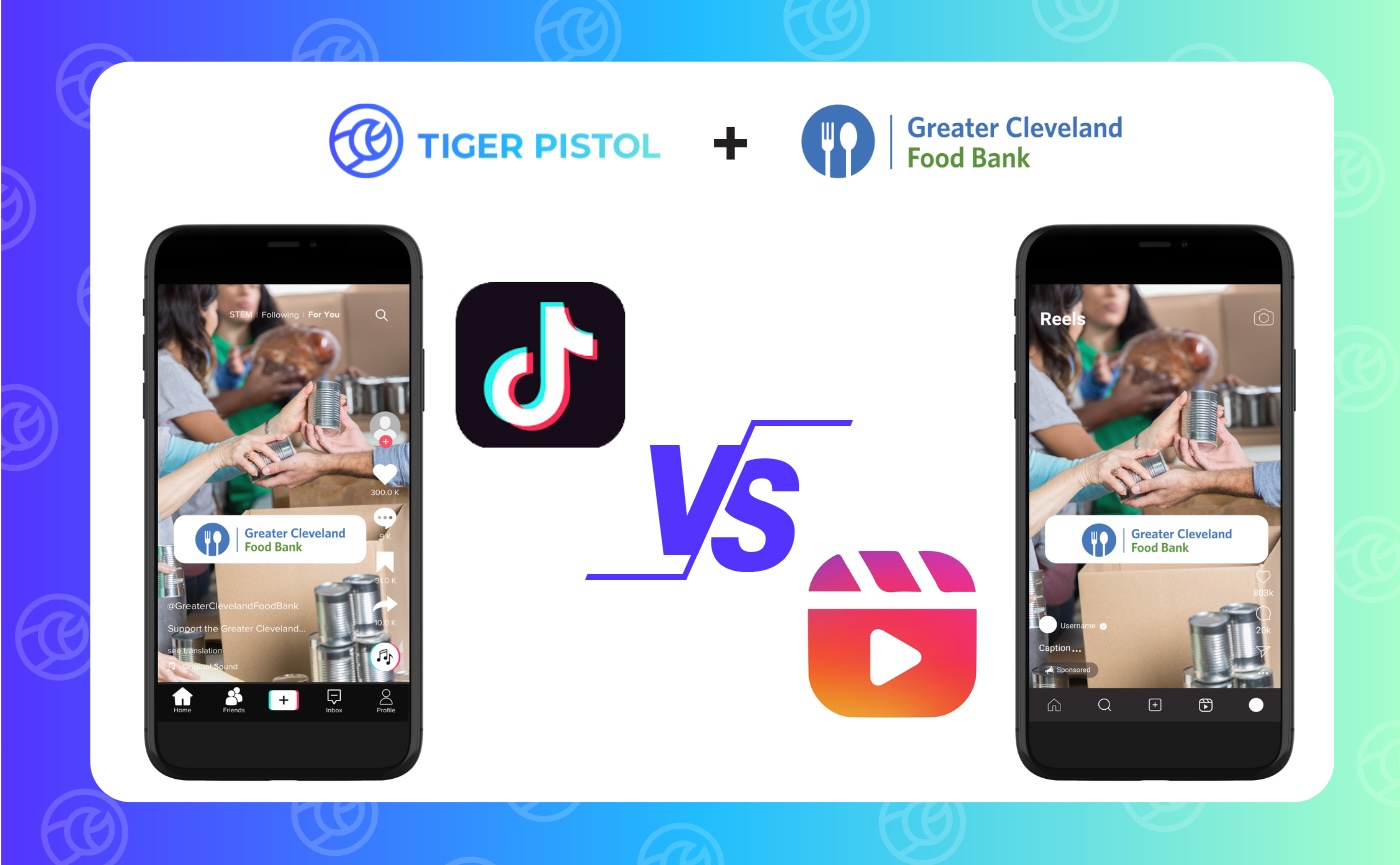Maximizing Local Impact Across Retail Chains: A Solution for Co-Marketing Campaigns
Retail chain networks operate under a parent-child model, where individual stores function as local entities but are part of a larger corporate structure. Each store in a chain operates under the same brand umbrella, yet the local community may have specific needs or preferences.
Streamlining Co-Marketing with Localized Campaigns
For brands that sell their products through these networks, top-tier local advertising platforms offer a streamlined solution to manage co-marketing campaigns while maintaining consistency across all stores. This retail chain publishing option allows for smooth onboarding, whether the brand is running campaigns across a handful of stores or thousands. Each retail chain store account can be connected to the platform via the retail chain’s centralized parent account, reducing setup complexity. This allows locations to publish campaigns that meet the specific needs of their community to go live quickly and be brand-compliant.
Success Stories: Driving Sales and Engagement with Localized Ads
This approach is especially valuable for driving foot traffic, promoting in-store product events, or highlighting store-specific product promotions, as you can see in the following success stories.
Discover how Nestlé boosted in-store NESCAFE sales at Pick ‘n Pay with localized ads targeting consumers during their morning commute.
Asahi + Thirsty Camel Bottleshops
See how Asahi drove awareness and conversions for its Spanish beer launch with hyper-local campaigns hosted on Thirsty Camel Bottleshops’ Facebook Pages.
Explore how AB InBev and Montana’s BBQ combined Budweiser’s brand power with hyper-local campaigns to increase foot traffic and sales.
Scalable, Brand-Compliant Local Advertising for Retail Chains
Tiger Pistol’s retail chain publishing option provides a seamless and scalable solution for brands to run localized product campaigns across multiple store locations while maintaining brand consistency. By leveraging the parent-child model of retail chain networks, Tiger Pistol ensures each store can cater to its local community’s specific needs through tailored promotions and product events.
With streamlined onboarding and the ability to manage campaigns centrally, Tiger Pistol empowers brands to drive foot traffic, boost sales, and engage local consumers, all while simplifying the complexities of executing large-scale, co-branded marketing efforts.
Discover how Tiger Pistol can power your local advertising success.
Related Posts
The Triple-Threat: How the Rule of Three Significantly Reduces Facebook and Instagram Advertising Costs
Aristotle suggested it first: “omne trium perfectum” – Latin for “Three is Perfect.” We marketers refined it to create stickier slogans – “Just Do It,” and more persuasive messaging – “Skin care that hydrates, clears, and brightens.” Good things come in threes. Applying the rule of three to Facebook and Instagram by prioritizin
TikTok vs. Instagram Reels: A Winning Strategy for the Greater Cleveland Food Bank
In the bustling heart of Cleveland, the Greater Cleveland Food Bank (GCFB) provides meals to families and individuals in need. One in seven of the area’s residents struggles with food insecurity. GCFB’s mission was clear: encourage monetary donations during checkout at participating local grocery stores. To tackle this, they decided to tap into the power [&
Avoiding Social Advertising Overlap Between Your Consumer Brand and Channel Partners
Consumer brands rely on strong relationships with their channel partners to extend their market share and achieve a local brand presence. Brands that provide social advertising programs as part of their overall channel marketing package reap far larger returns than merely providing brand assets. However, a common concern is whether local channel campaigns will
Six Key Factors for Evaluating Top-notch Local Social Advertising Platforms
As businesses grow their partner programs, selecting the right adtech and social solutions becomes paramount for amplifying brand messages through local partners. To achieve this, brands must transition to tools that offer simplicity, guidance for non-marketers, and the ability to scale across diverse organizational structures. Easy Onboarding Streamlining the





